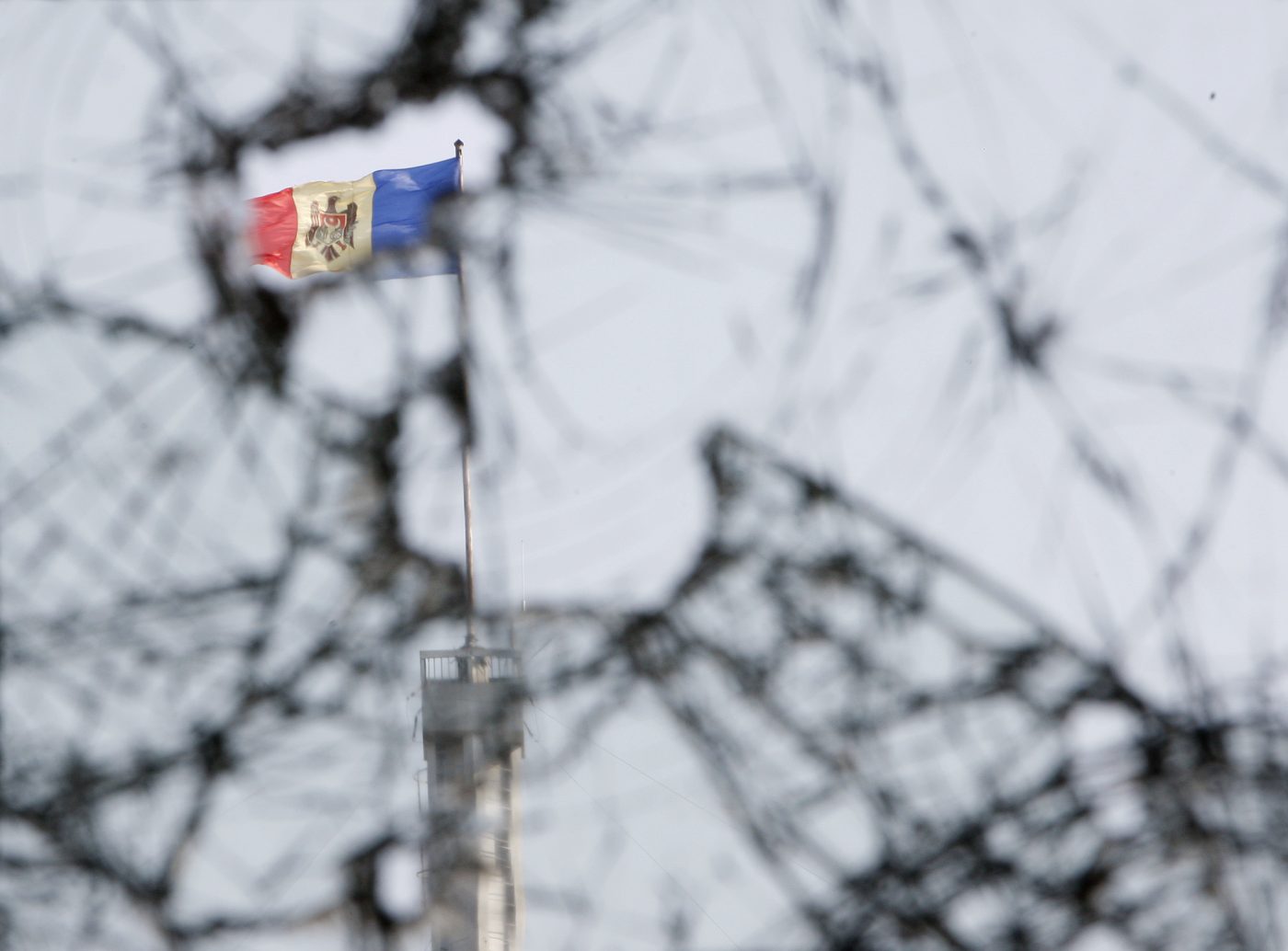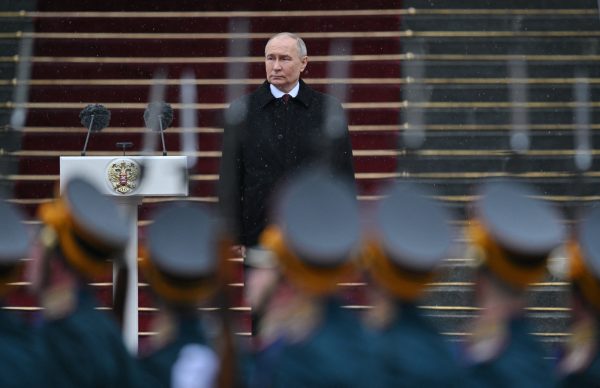Moldova’s government has sharply escalated its campaign against Russian-led efforts to destabilize the country with a mass expulsion of more than 30 Kremlin diplomats and legislation to bar the pro-Russian Șor party from future elections. This may not be enough to stop the Kremlin’s friends.
The immediate reason given for the expulsions was a media investigation pointing to a huge array of spying and communications equipment on the roof of the embassy.
The main concern, however, is not spying, but destabilization. For years, Russia has interfered in Moldovan politics using high-placed proxies. Former President Igor Dodon, whose party was defeated in elections that brought President Maia Sandu to power, used to be Kremlin’s closest ally in Moldova, but since 2022 he is firmly replaced in this role by the US-sanctioned fugitive businessman Ilan Șor, who was sentenced to 15 years imprisonment for large-scale bank fraud in Moldova and who is currently living in exile in Israel.
Economic Concerns
Since the beginning of the energy crisis caused by Russia’s all-out war in Ukraine, Șor’s party has instrumentalized economic concerns among wide strata of the population and staged protests against the pro-European Sandu and her party, PAS.
In this offensive, Șor has enjoyed the official blessing of one of Moscow’s most toxic politicians, chairman of the Russian State Duma Committee on International Affairs, Leonid Slutsky. Slutsky, a member of Russia’s delegation to the Parliamentary Assembly of the Council of Europe (PACE) before it was expelled from the Council of Europe, is a familiar face of Russian foreign policy, despite immense reputational issues after detailed allegations of sexual abuse against female journalists in Moscow became public.
As a response to illegal activities, Moldova’s Constitutional Court banned the Șor party in June. In July, before the end of its spring session, Moldova’s parliament followed up with more drastic action, forbidding former members of the banned party from running for public office for the next five years.
The Șor party’s formal exit from politics, however, does not mean a cessation of its activity. In the days before the law was passed, Șor himself and a current party MP, the European Union-sanctioned Marina Tauber, were active on social media criticizing the parliament and the PAS party for effectively blocking state funding to the autonomous region of Gagauzia. The region is run by Șor-backed Evgenia Gutul, whose hand-picked executive committee has not been approved by central authorities.
To get the flavor of Șor party rhetoric, it may be of interest that Tauber, arrested in May by the Anti-Corruption Prosecutor’s Office for her role in illegally funding the party, responded by accusing Maia Sandu of genocide against Moldovan Jews. Weighing in on the conflict between the Gagauz administration and central government, she has called the latter a “criminal foreign-directed political regime” and “bandits trying to make our country into a sphere of geopolitical and military conflict.”
Agitating for action against this “diabolical plan”, she praised the strength of the Gagauz people in protecting the land from “blasphemers.” Ilan Șor also uses imaginative language on social media, calling Sandu a witch intent on preventing Gagauzia from flourishing under Șor protection.
These rhetorical antics with their echoes of Russian rhetoric that moral defenses must be built against a corrupt and amoral European mainstream, would be laughable were it not for their apparent effectiveness with the predominantly rural, Orthodox population of Gagauzia. Socially vulnerable audiences have been manipulated by Șor and his predecessors in Moldova for years, serving as a basis for unscrupulous politicians to strike deals with Russia. Documents published by the Washington Post in October detailed the FSB’s involvement with anti-government parties and its efforts to derail Moldova’s movement toward EU and NATO membership.
The choice by Russia’s Moldovan proxies to focus on the regions with substantial Russian-speaking populations seems to be the new survival strategy. Gutul’s election was recent, but for Șor candidates in the November municipal elections in the rest of the country, the situation is now dire.
It remains to be seen what tactics they will deploy in the regions now that their electoral aspirations are shattered. One thing is clear – they will not stay idle. Reducing the strength of the Russian presence in Chișinău was a step in the right direction, but winning the hearts and minds of Șor’s and Dodon’s former voters remains a crucial task for the government.
Marija Golubeva is a Distinguished Fellow with the Democratic Resilience Program at the Center for European Policy Analysis (CEPA). She was a Member of the Latvian Parliament (2018-2022) and was Minister of the Interior from 2021-2022. A public policy expert, she has worked for ICF, a consultancy company in Brussels, and also as an independent consultant for European institutions in the Western Balkans and Central Asia.




